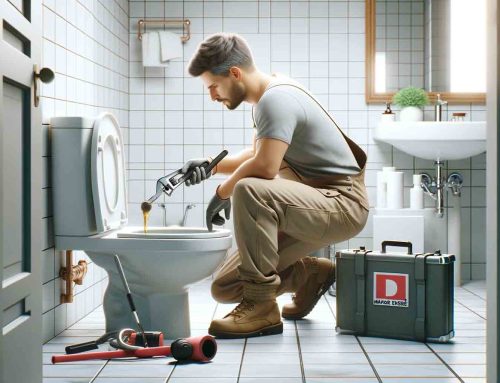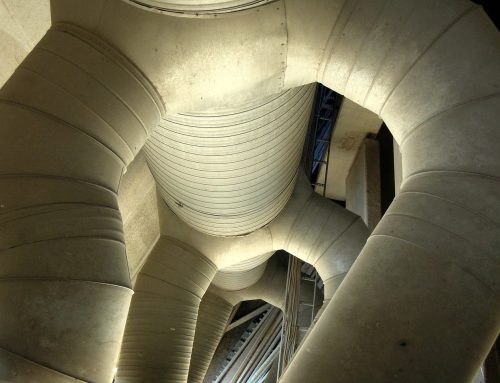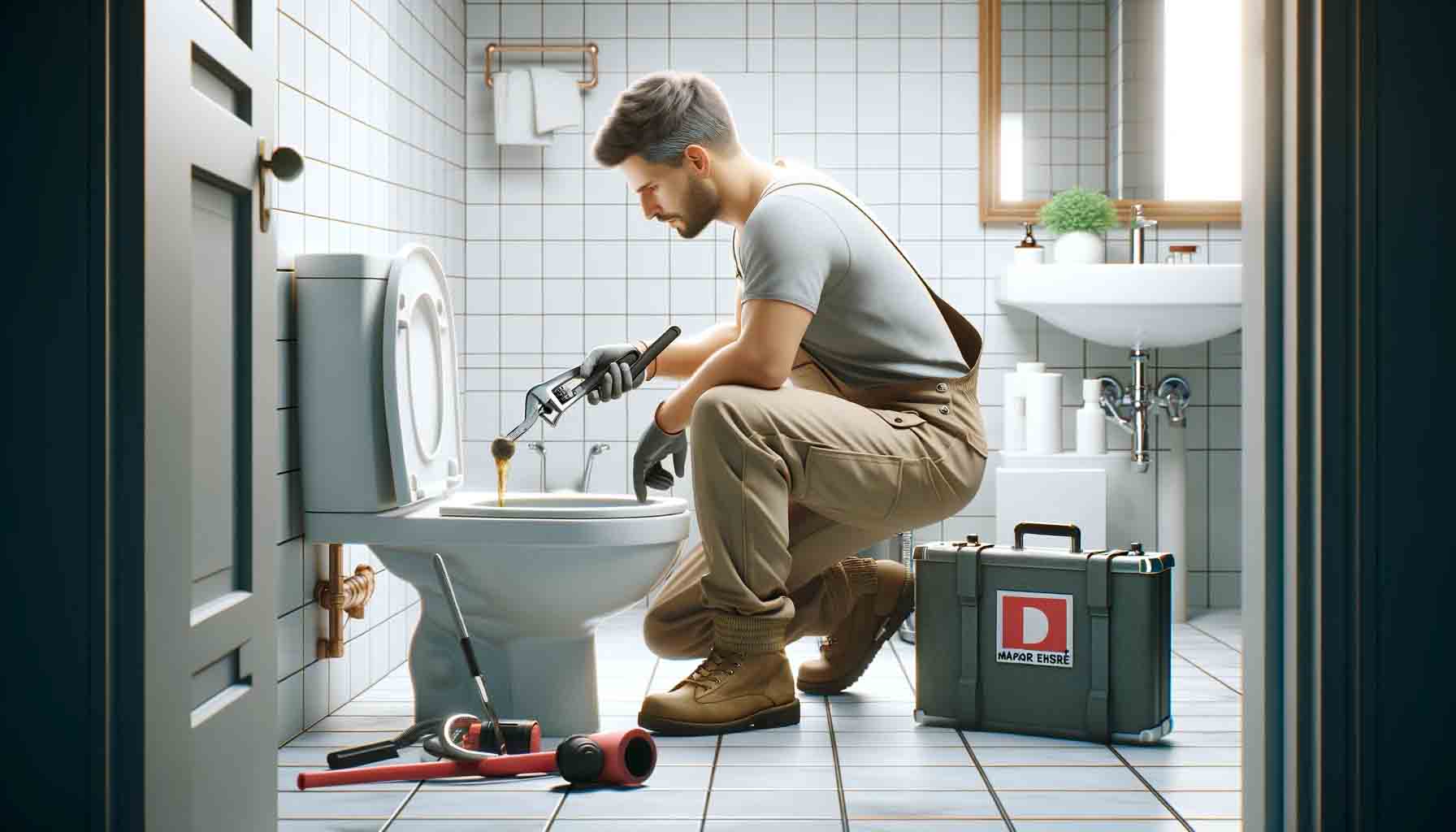Submersible pumps play a vital role in the efficient removal of wastewater, especially in areas where gravity flow is not possible. Regular maintenance not only extends the life of the pump, but also prevents costly repairs and unpleasant breakdowns. In addition, properly maintained pumps operate more energy efficiently, which saves money in the long run.
What are the signs of a malfunction?
There are several warning signs that your booster pump is not working properly. These signs may include:
- Unusual noises: Buzzing, rattling or rattling noises.
- Reduced performance: Slower sewage drainage or frequent blockages.
- Leakage: Moisture around the pump, which may indicate a sealing problem.
- Frequent on and off: It may indicate electrical problems or a blockage.
If you notice these signs, it is worth investigating the cause of the problem as soon as possible to prevent more serious failures.
Diagnosing leaks, noises, and other problems
Leaks are usually caused by aging or damaged seals. In this case, all connections and the pump housing should be checked. If cracks are found, the damaged part may need to be replaced. Noises usually indicate wear or blockage of rotating parts. It is worth checking the impeller and cleaning the internal parts of the pump from accumulated dirt.
Other common problems include motor overheating or reduced pump performance. These are often due to electrical problems or mechanical wear.
Solutions and repair options
Minor problems can often be solved at home:
- Replacing seals: If you notice a leak, replace any damaged seals.
- Removing blockages: Turn off the pump and clean the impeller and pipes.
- Checking the engine and electrical components: If the pump does not start, check the switches and cables.
How can we prevent failures?
Prevention is always better than cure, especially with booster pumps, where failure can cause serious inconvenience and expense. Here are some useful tips to help you troubleshoot problems to prevent:
- Regular maintenance: Check the condition of the pump at least once a year, clean the filters and impeller.
- Listen for noises: Unusual noises can be the first sign of problems, so if you notice anything unusual, inspect the pump immediately.
- Avoid the entry of solid objects: Solid objects, such as cloths or larger dirt particles, can cause serious damage to the pump. It is a good idea to use a dirt trap in the drains.
- Installing an alarm system: An alarm system warns of excessive water levels or pump failure, allowing you to intervene in time.
When is it worth consulting a specialist?
Although many minor problems can be solved at home, there are situations when it is worth specialist to ask for help:
- In case of electrical problems: If the pump does not start or shuts down frequently, there may be an electrical fault.
- In case of mechanical damage: If you find cracks, breaks, or more serious damage to the pump, a professional will be needed to repair or replace it.
- In case of complex errors: If the noises do not stop after cleaning, or the pump performance has decreased significantly, it is worth seeking the opinion of an experienced mechanic.
Summary
Reliable operation of lifting pumps is essential for the efficient disposal of wastewater. Regular maintenance, timely detection of problems and the application of appropriate repair solutions help prevent more serious failures. Pay attention to the signs, perform the necessary maintenance and, if necessary, contact a specialist.
By following these tips, you can ensure the smooth operation of your booster pump in the long term and avoid unexpected inconveniences.
Are you looking for a reliable solution to your booster pump problems?
Don't take chances with DIY solutions! Booster pumps are complex systems, the failure of which can cause serious problems if not handled professionally. Our experts They have the experience and modern tools to quickly and efficiently diagnose faults and make the necessary repairs.
Why choose our experts?
- Quick troubleshooting: In the event of leaks, unusual noises or a drop in performance, they will quickly find the source of the problem.
- Professional repairs: Whether it's replacing a gasket, troubleshooting an engine fault, or more complex installation tasks, our experts guarantee a lasting solution.
- Preventive maintenance: They help you avoid costly breakdowns by performing regular inspections and maintenance.
Don't wait until the problem becomes more serious!
Take the relationship with our expertsand ensure the smooth operation of your booster pump!
Contact us with confidence – expertise and reliability in one place!












